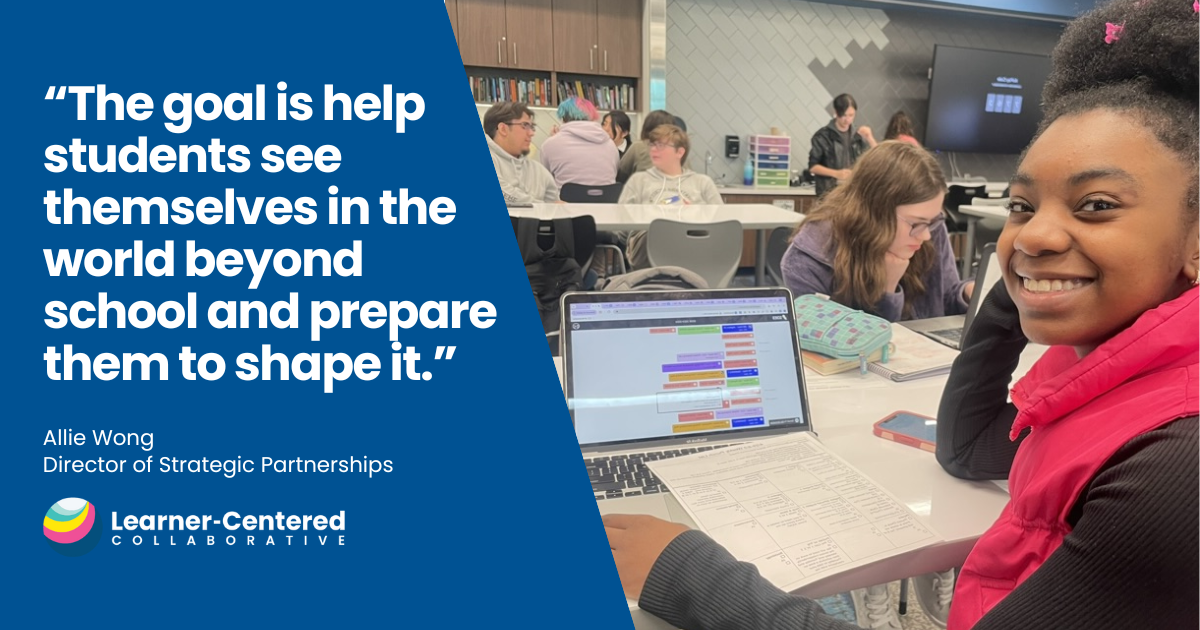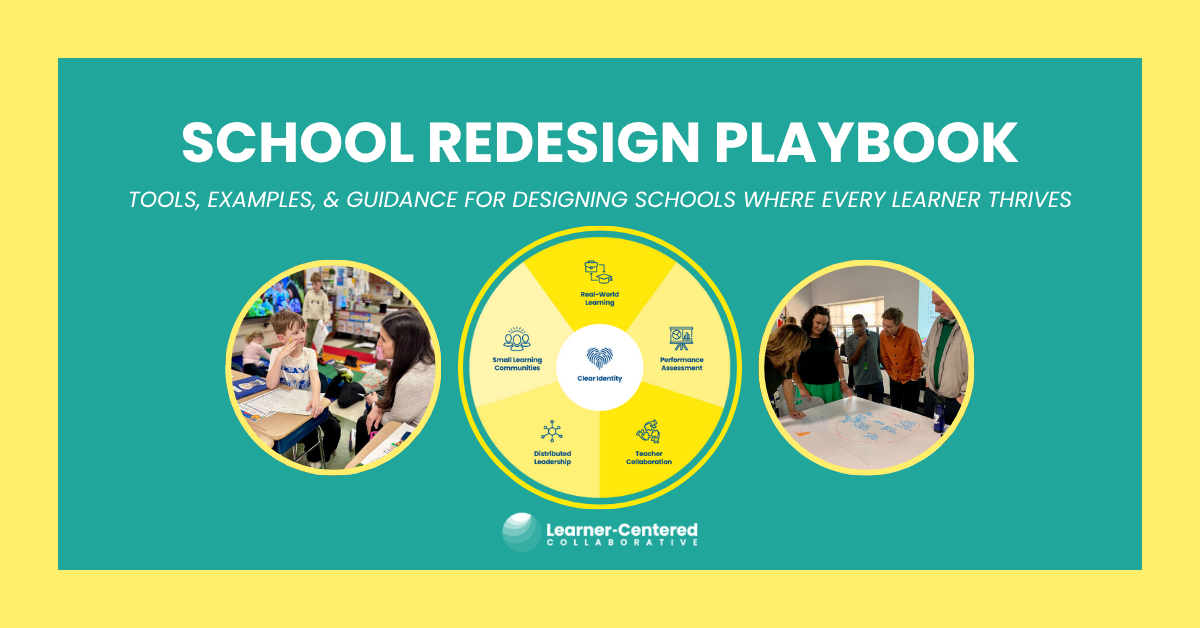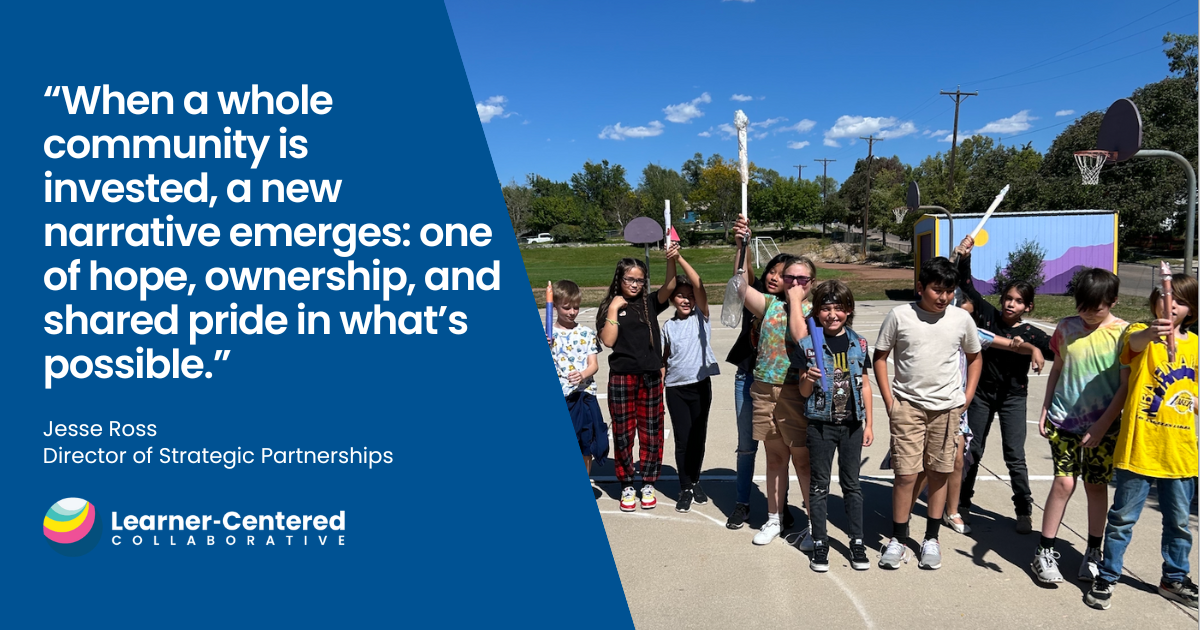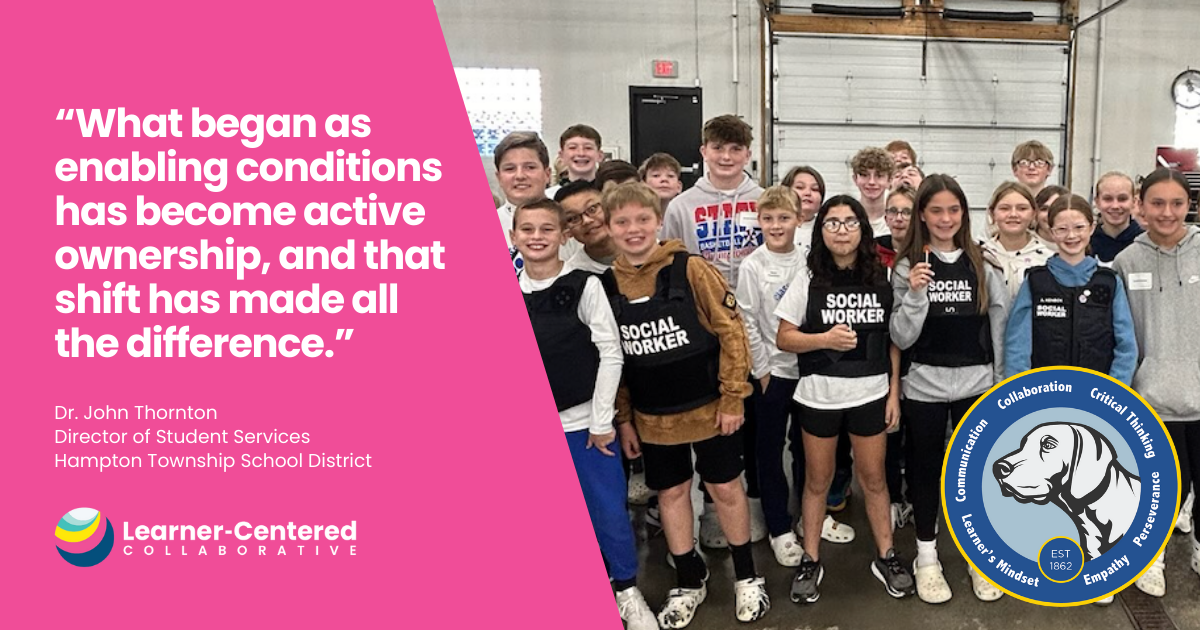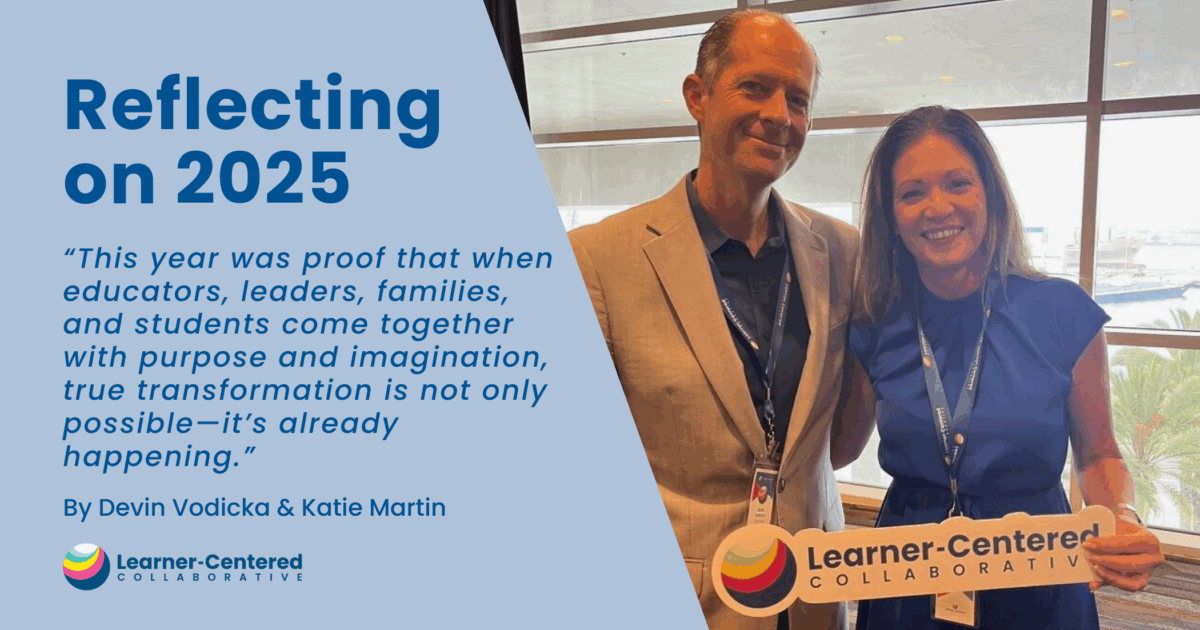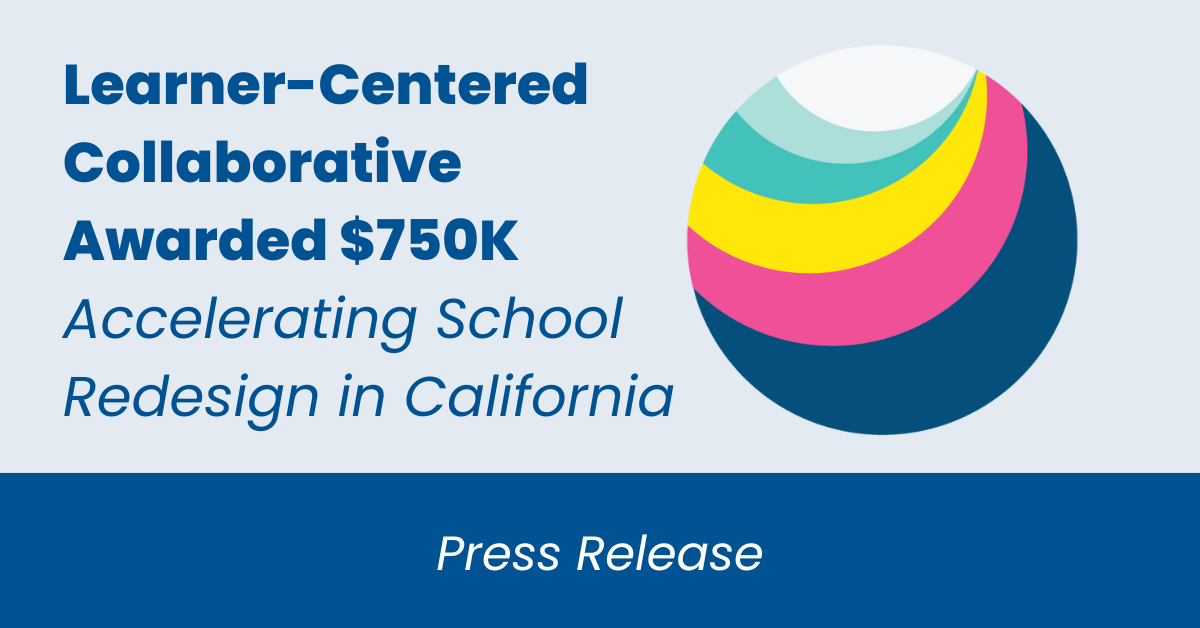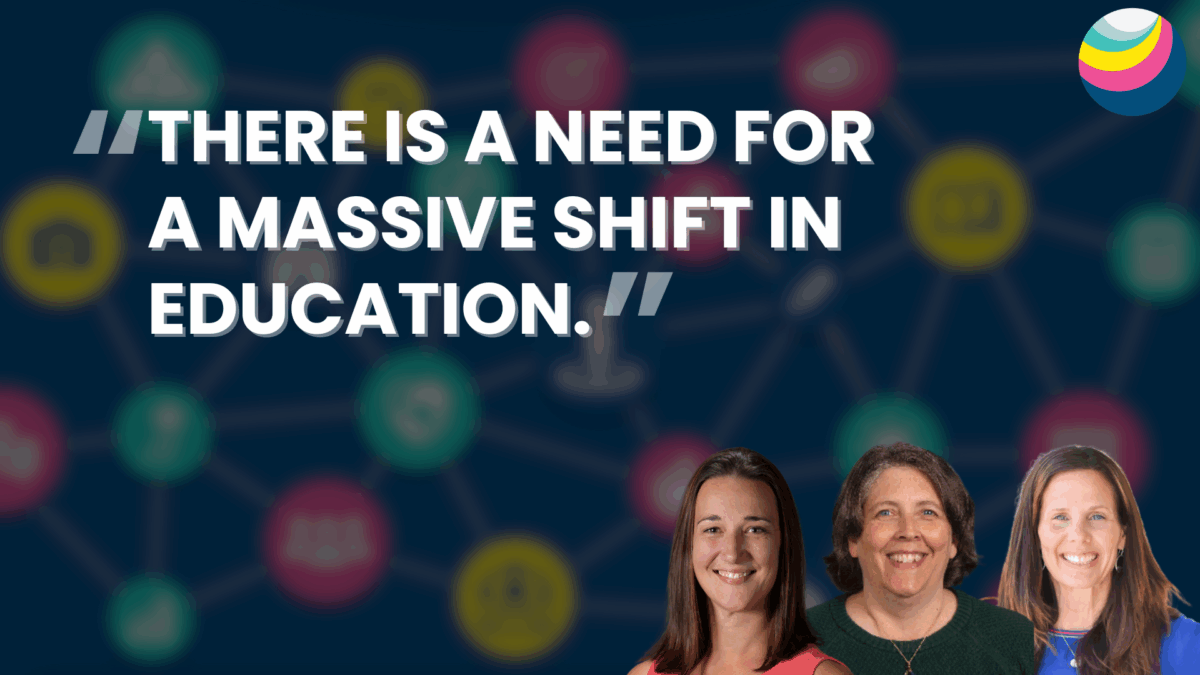From the Classroom to the Cosmos: Passion Projects as a Tool for Real-World Learning
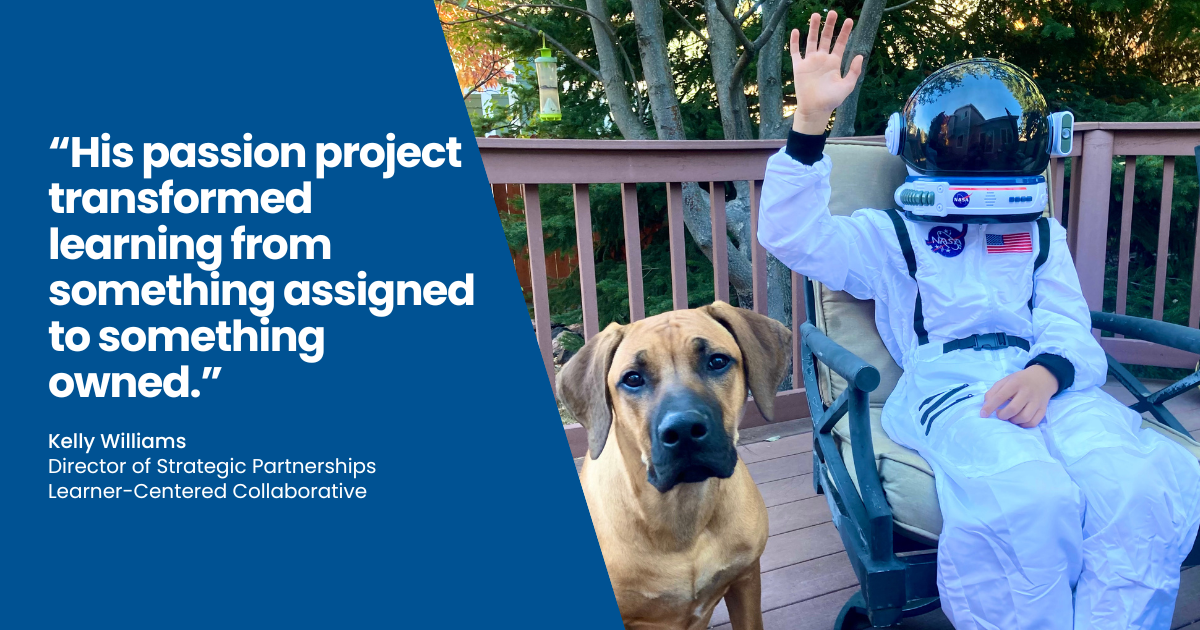
“My favorite part of my passion project was when astronaut Kevin explained that Mars rocks are in the Arctic ice. It was so cool to know that we can learn a lot about Mars here on Earth instead of going to Mars,” said Owen, a space-obsessed fifth grader.
My son, Owen, didn’t just complete a school project. He embarked on an intellectual adventure that connected him with real-world experts, deepened his understanding of planetary science, and transformed his confidence as a learner. His passion project wasn’t about memorizing facts from a textbook; it was about following his curiosity, uncovering new knowledge, and seeing himself as an astronaut in the making.
Passion projects, often called Genius Hour, offer learners the freedom to explore their interests, pursue meaningful questions, and take ownership of their learning. These experiences are personalized, inquiry-driven, and deeply authentic, giving learners true agency in their education. But, their impact extends beyond the learner, transforming families and teachers as well.
Reaching for the Stars
Owen’s interests range from dinosaurs to airplanes, but nothing captivates him quite like space. So when his teacher introduced passion projects, his focus was clear. “What inspired me is space because I want to be an astronaut,” he declared.
The real thrill came when he found out he’d be interviewing retired four-star general, test pilot, and NASA astronaut Kevin Chilton, someone who had been to space, seen Earth from above, and lived Owen’s dream. “I felt so excited!” he remembers. He immediately got to work researching and preparing thoughtful questions.
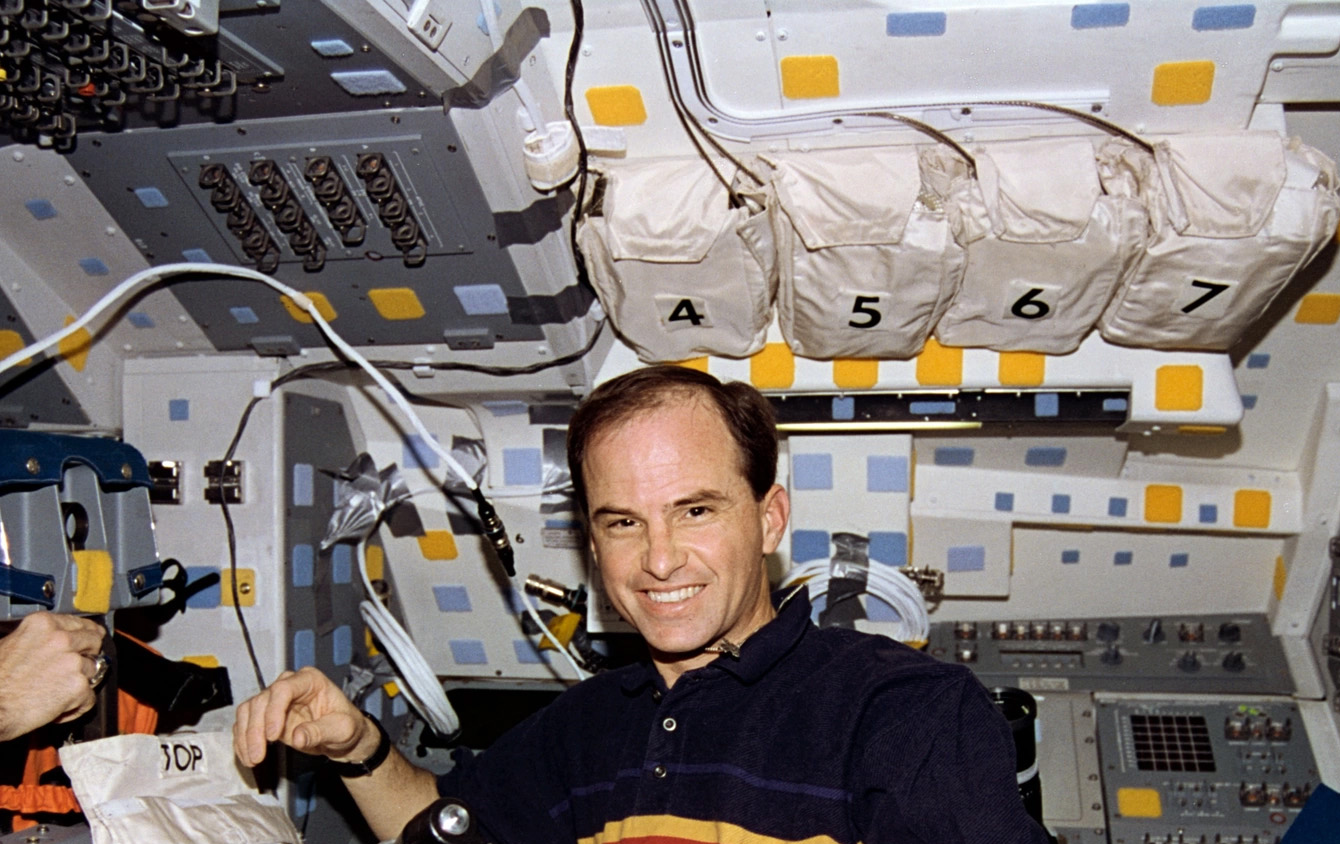
On the day of the interview, excitement turned to nerves, but Owen pushed through. For 45 minutes, he conversed with General Chilton about life in zero gravity and what the future of space exploration might hold. Owen wasn’t just a kid who loved space; he was a space enthusiast engaging with an expert.
But this interview wasn’t just about knowledge acquisition; it was about identity and belonging. “I taught Kevin that Pluto has five moons,” Owen beamed. “I taught an astronaut something new!”
More than that, Owen found a role model. When General Chilton shared that he had struggled with reading but excelled in math, Owen’s eyes widened. I’m just like him. Suddenly, becoming an astronaut felt more real than ever.
“This interview inspired me to work harder at school,” Owen said. Now, space wasn’t just a dream; it’s something he’s actively working towards.
A Family’s Perspective
Owen isn’t the kind of kid who shares every detail of his day, but Passion Project Fridays were different. He came home full of excitement, rattling off his plans and reflections. He lit up.
On the day of the interview, Owen left the house in his favorite space t-shirt, feeling nervous but eager. At pickup, his beaming face said it all. That night, as we watched the recording of his interview, I realized this was about so much more than space.
Did Owen learn more about space? Absolutely. But what mattered more were the real-world skills he was developing:
- Holding a professional conversation
- Listening deeply and making eye contact
- Finding common ground with an expert
- Pushing through nerves and taking ownership of his learning
- Finding the joy of learning
School wasn’t just something he had to do; it was something he wanted to do. His passion project transformed learning from something assigned to something owned. It gave his learning purpose. Math became an essential skill for space travel. Reading became a tool to unlock new information. His strengths weren’t just traits but were assets. This wasn’t just another school project; it was a glimpse into what he’s truly capable of.
Read More: Family Partnerships: A Key Strategy for Supporting Whole-Learner Outcomes
How Passion Projects Came to Be
For Owen’s teacher, Mrs. Burge, passion projects became her passion project. The idea took root during COVID when she watched her husband teach himself woodworking. Later, student survey responses confirmed what she suspected: learners wanted more opportunities to explore their interests. This led her to bring passion projects to her 5th-grade class.
“I wanted to get them passionate about being able to learn things on their own,” she explained. “Teachers aren’t going to be able to guide them forever.” For her, it wasn’t just about teaching standards or building critical thinking skills. It was about fostering independence, curiosity, and a love for learning.
The process began with brainstorming. Learners mapped out what excited them, what they already knew, and what they were eager to explore. Then they researched, read, and sought out experts. For Owen, that meant reaching out to an astronaut.
“I set up the interview,” Mrs. Burge said, but Owen had to take ownership of the process by crafting questions, writing emails, and preparing for the conversation.
When the interview day arrived, Owen was so invested that he willingly gave up his lunch and recess to make it happen. Mrs. Burge sat beside him, taking notes so he could fully engage in the conversation. At one point, she nudged him. “I said, ‘Hey, this would be a good opportunity for you to also share your own thoughts. You don’t have to only ask questions; you can engage with him and have a conversation.'” She watched as Owen leaned in, gaining more confidence as the interview progressed.
For Mrs. Burge, these passion projects have been a learning journey—not just for her learners but for herself. “I didn’t have all the answers when I started. I had to jump in, adjust, and figure things out along the way. But if I waited until everything was perfect, I wouldn’t teach half the things I do.”
Her goal was never just about the final product; it was about sparking excitement and ownership in learning. “I can’t change the standards. I can’t change the fact that I have to teach them how to multiply fractions. But what I can do is get them excited to know that learning is important and that they are the owners of their learning.”
Her biggest takeaway? Just start.
What Made This Project So Impactful?
Several factors made this passion project transformative:
- Learner-Driven – Owen’s intrinsic motivation kept him engaged and eager.
- Real-World Connection – Interviewing a real astronaut gave Owen’s work meaning and purpose and reinforced the powerful message that learning extends beyond the classroom.
- Collaboration and Support – Owen was supported by his teacher, family, and an expert, which allowed him to experience learning as a shared, supported journey.
- Ownership and Accountability – Owen managed the process from start to finish, developing critical lifelong skills.
Owen’s story is a testament to the power of passion projects. When learners have the freedom to follow their curiosity, they gain confidence, develop real-world skills, and see themselves as capable learners.
Educators who embrace passion projects foster an environment where authentic learning thrives. It’s not about abandoning standards; it’s about embedding passion within them.
Ultimately, passion projects don’t just transform learners. They ignite a cycle of growth that extends to families, educators, and beyond, proving that real-world learning leads to real-world impact.
Check out our online course: Getting Started With Project-Based Learning
